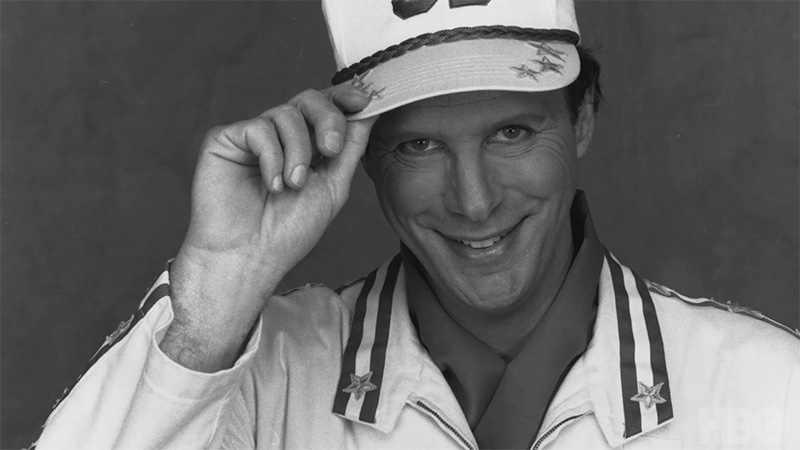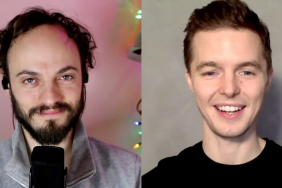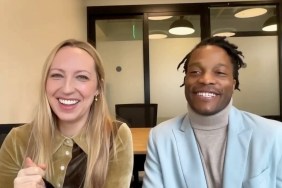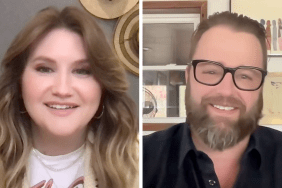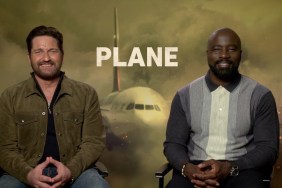The Super Bob Einstein Movie debuts on HBO tonight at 9 p.m. ET/PT, and will be available to stream on HBO Max. ComingSoon talked with director Danny Gold about the film and the legacy of the legendary comedian.
“The Super Bob Einstein Movie features some of Einstein’s greatest comedic contributions, including his iconic alter-ego Super Dave Osborne, his work both behind and in front of the…
